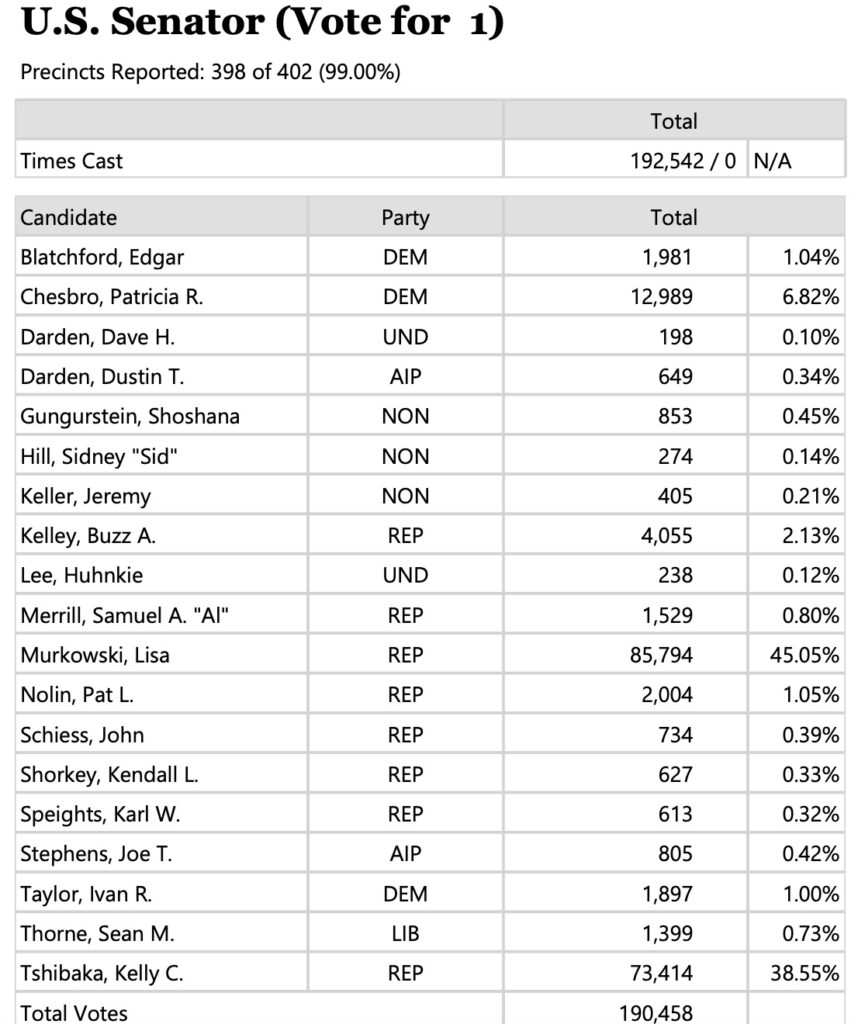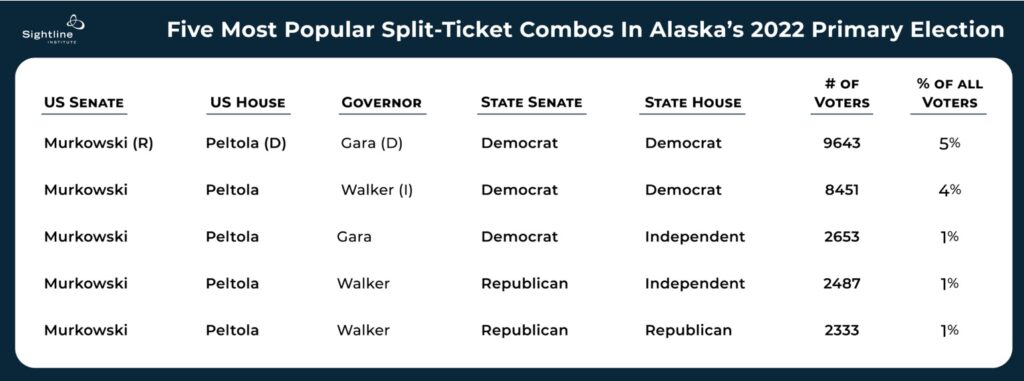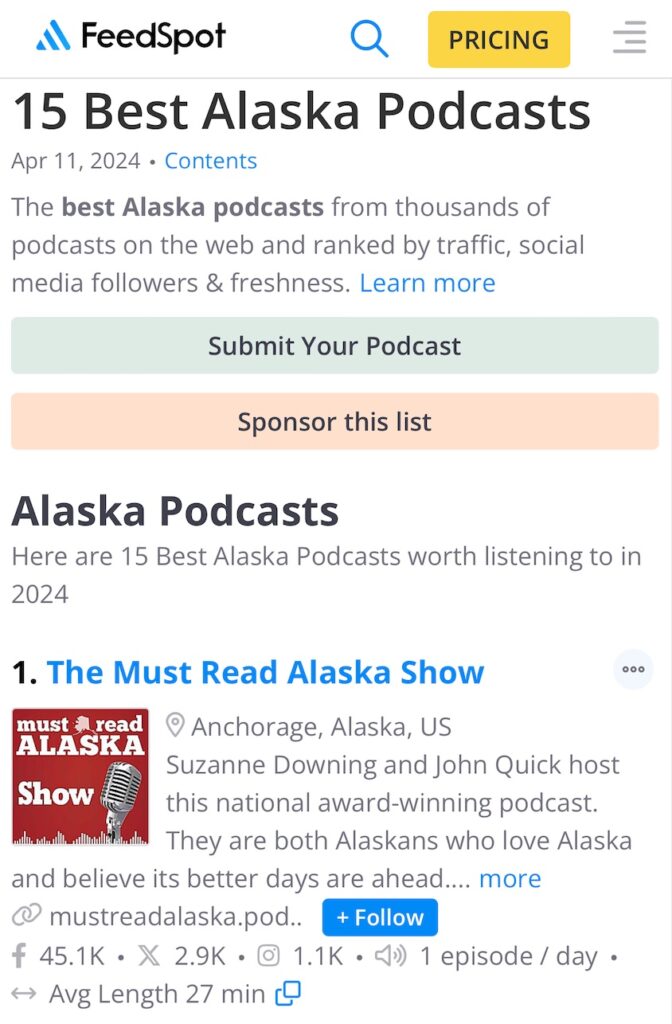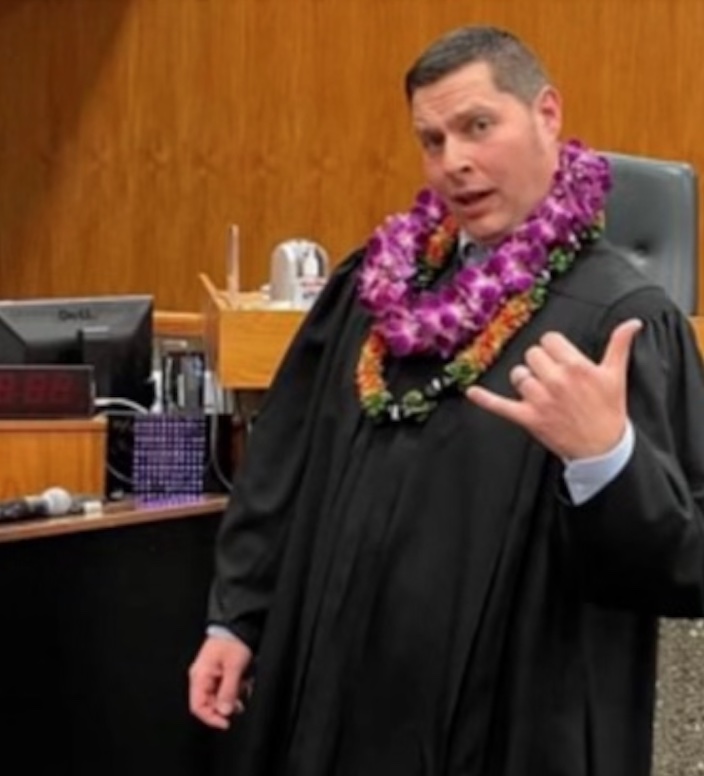As expected, the Biden Administration on Friday announced its restrictions on oil and gas leases in the National Petroleum Reserve-Alaska, shutting down 13 million acres. The move was said to help caribou and polar bears in a warming Arctic.
This was the “final decision,” and one that was tied to the Biden approval of the Willow project, which may be the last project approved for Alaska. Biden, who is supported by Rep. Mary Peltola of Alaska, said he wanted to deny Willow, but his lawyers advised him he would lost in court. He said approving Willow and shutting down the rest of the NPR-A was a “hell of a trade-off.”
Sen. Dan Sullivan struck back, saying that Biden is lying about Native opposition to oil and gas leases.
“Joe Biden is lying. The elected Alaska Native leaders who live in the area vehemently oppose this rule on NPR-A,” he said. “The press should read their statement and give voice to these indigenous voices that have been cancelled by the Biden Administration.
Biden also announced the “no-build” option for the Ambler Access Road, a 211-mile industrial use road from the Dalton Highway to the Ambler Mining District. That access road is guaranteed in law, and the Biden decision will likely be challenged in court.
Must Read Alaska was the first to break the news that the Ambler Road decision would go against Alaska and would come around Earth Day, which is Monday.
“By denying access and the necessary right-of-way across federal lands, the BLM’s action essentially abandons these critical minerals, undermining not just regional economic growth but also national interests,” said Deantha Skibinski, executive director of the Alaska Miners Association. “This decision exposes a glaring hypocrisy: the Biden administration has repeatedly acknowledged the need for minerals and has touted sourcing them domestically. Unfortunately, it appears the Administration is content to rely on cobalt sourced through child and slave labor in Africa and China rather than supporting ethical, sustainable mineral production in Alaska.”
“We are incensed that the Biden administration has blatantly ignored Congress’ mandate in ANILCA that access ‘shall’ be provided to the Ambler district in Alaska and is once again blocking Alaska’s right to develop its resources,” said Leila Kimbrell, executive director for the Resource Development Council for Alaska. “While this obstructionist stance may curry favor with Outside environmentalists, this hurts Alaskans by denying thousands of jobs for this region and the economic uplift associated with developing new infrastructure that an access road would provide, as well as development of minerals crucial for reliable energy and national security.”
Rep. Peltola posted an objection to both of the decisions in a prepared post on X/Twitter.
“Closing of the NPR-A is a huge step back for Alaska, failing to strike a balance between the need for gap oil and natural gas and legitimate environmental concerns, and steamrolling the voices of many Alaska Natives in the decision-making process. The Ambler Road decision is premature, as real conversations among stakeholders in the region are ongoing. Alaska has a wealth of natural resources that can be responsibly developed to help boost domestic manufacturing and innovation—in the end, it should be up to Alaskans to decide what they want developed in their regions,” Peltola said.











